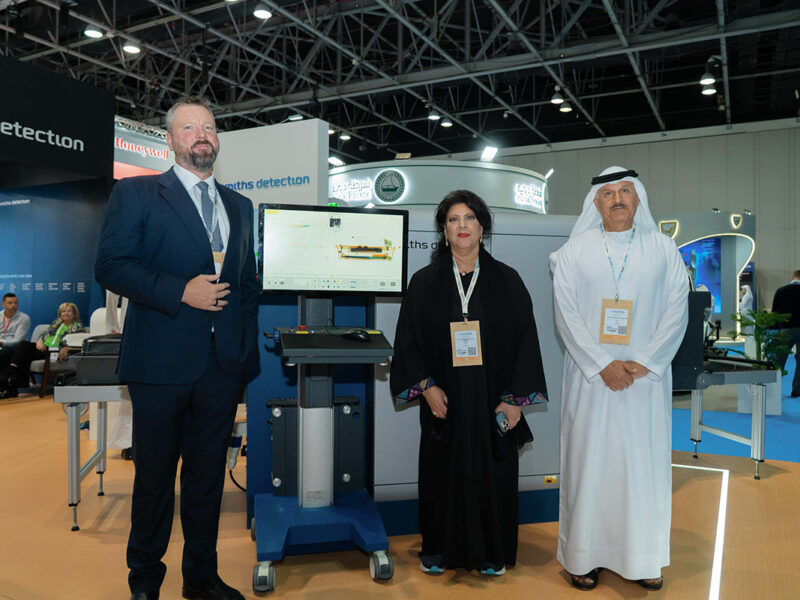Inflation in Oman has probably hit its peak at a record 13.2 percent and is likely to stabilise as the impact from a global food crisis wanes, the central bank’s deputy chief said on Wednesday.
Policymakers across the world’s top oil-exporting region, including Saudi Arabia, have said they expect inflation to begin easing off record- and near-record highs as anti-inflationary measures take hold and global food prices settle down.
“We believe we have seen the worst. I think inflation will stabilise,” said Mohammed Al-Jahdhamy, executive vice-president of the Oman Central Bank.
“This is all imported inflation. We don’t think it will accelerate further,” he told Reuters.
Inflation is soaring across the Gulf region, where most central banks peg their currencies to the ailing dollar even though their economies are booming on a near seven-fold rise in oil prices since 2002.
The US currency hit a fresh record low against the euro on Tuesday, driving up Gulf import costs.
Annual inflation in Oman accelerated for a 13th straight month in May as food, beverage and tobacco costs, which account for almost a third of the consumer price index, jumped 22.9 percent.
The Gulf state relies heavily on Europe and Japan for imports, Al-Jahdhamy said.
According to central bank data released on Wednesday, Oman’s import bill surged almost 47 percent last year to 6.14 billion Omani rials ($15.96 billion), with most imports originating in the UAE, Europe and Japan.
Gulf governments have increased price controls, boosted subsidies and raised employee wages in response to inflation. As the impact of such anti-inflation measures kicks in, price rises in Saudi Arabia are likely to ease in the second half of the year, its central bank governor has said.
Inflation in the world’s top oil exporter eased slightly to 10.4 percent in May from an at least 30-year high of 10.5 percent a month earlier.
Oman’s central bank has tightened lending curbs three times in less than a year to rein in money supply growth. Inflation in Oman is likely to average 9.3 percent this year, according to a Reuters poll in May. (Reuters)







